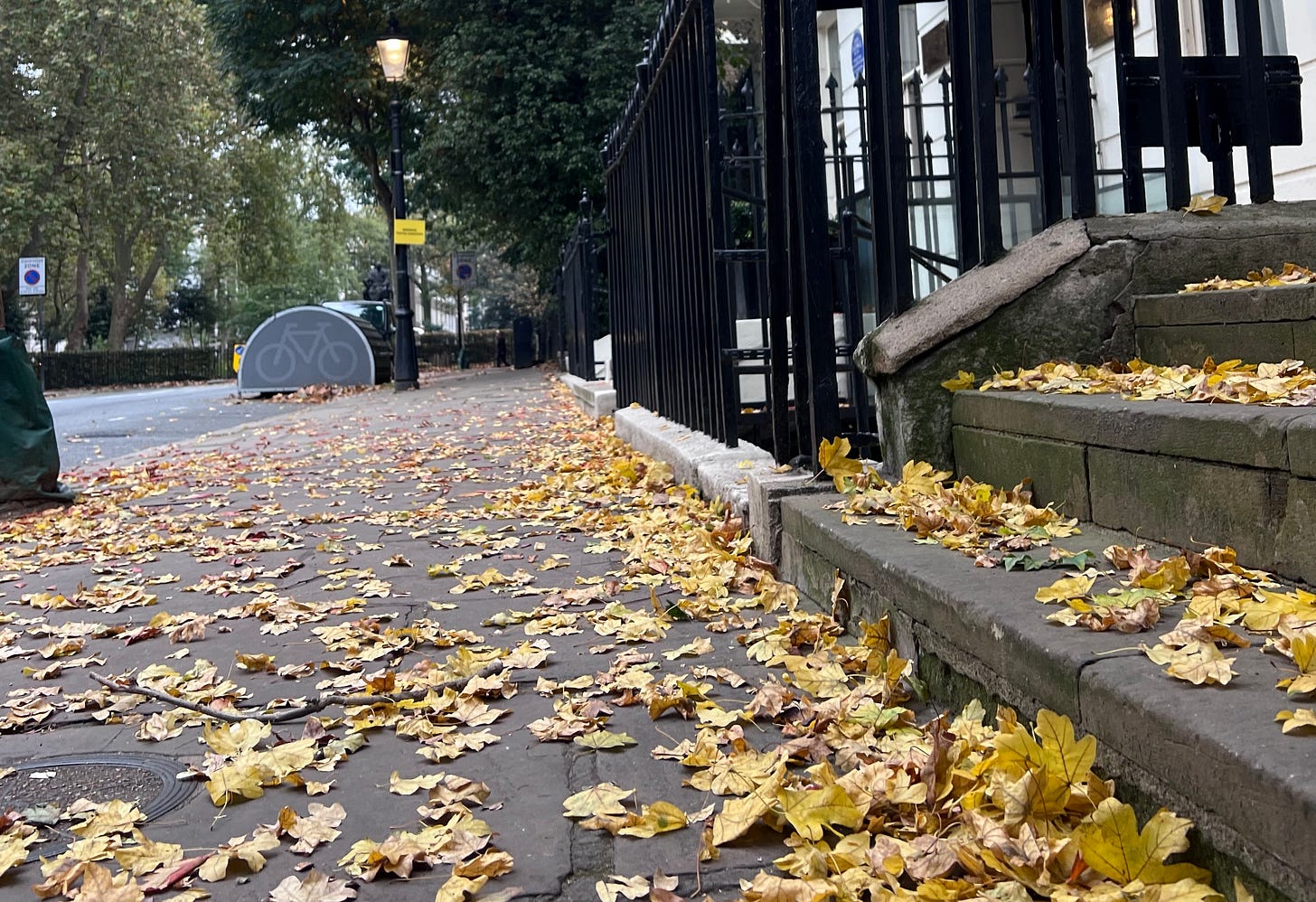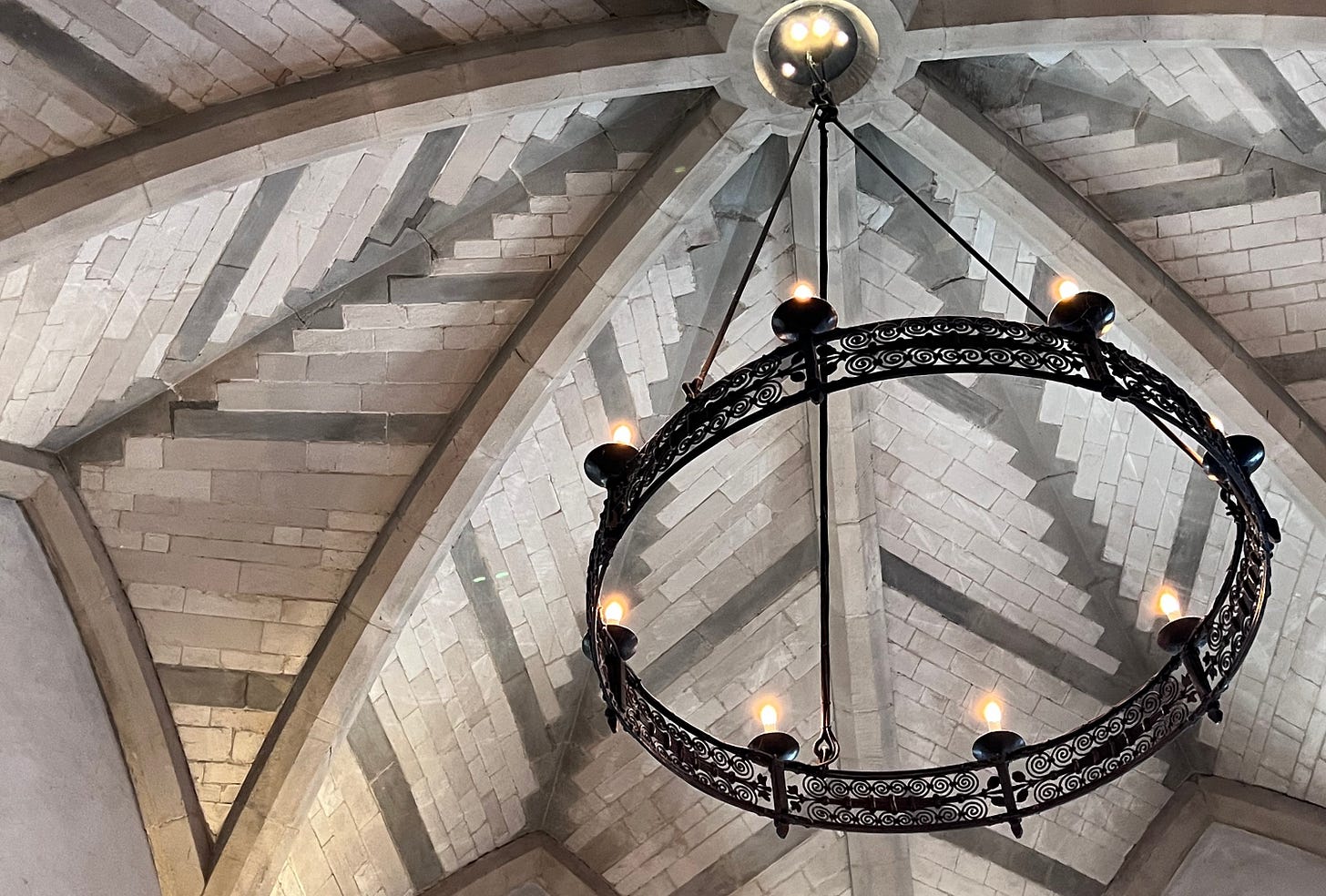Key to Resilience: Why Moving On and Knowing How to Lose are Skills
The Paradox of Success: Embracing Failure to Move Forward
Hello there! I’m Nur, and I write about productivity tips, creative reflections, and book/film/TV show reviews.
This article falls under the umbrella of both reflection and productivity. It's a motivational essay focused on the skill of not being deeply affected by losses, in order to have a more productive and fruitful life. It's a perspective that I hope will help people feel freer and lighter.
The article is in three parts: the first is some reflections, the second is my bullet-pointed list of thoughts that I use to stay positive during times of loss, and the last part is what I’ve gained from learning this skill.
Enjoy!
Playing the Long Game: Accepting Loss, the Azerbaijani Town of Centenarians, Warren Buffett

Years ago, I watched a video on YouTube that I can’t find now, where someone visited a town in Azerbaijan (I think it was Lerik) where many people live longer than 100 years; it's known for its longevity. In the video, a local man said: “Çilekeş olacaksın, kablumbağa gibi.” Which translates as “You’ll be a çilekeş (someone who suffers), like a tortoise.” If we want to live a long, meaningful life, I think we have to know that there will be wins and losses; we will age, and we will gain and lose things along the way. The point is being flexible and being okay when things don’t go the way we want. Being hopeful but not having rigid expectations.
Expectation. What a word. My perspective is: “No one owes you anything, including fairness.” Life happens, and the more we complain about what should have been, or what would be great if other people had just done what they were supposed to, the more we waste time. There are many difficulties and unfair things I encounter every year, but that’s fine. I don’t orient my goals or my identity based on the environment. Others could be unfair, be bad, do wrong —and when they do, I’ll find a way to overcome it. Why? Because I want to live longer and not waste my precious time pondering negativity.
Also, if you’re curious about how to decide on your main thing in life and plan your time accordingly, feel free to check out this post I wrote.
Another aspect—and this one is more about finances because it makes the point tangible—is being capable of losing money. Do you know how much Warren Buffett has earned over the years? I don’t know the exact number, but anything above a few million is a gazillion to me, so he has earned a lot. But what about the money he lost when he invested in Heinz? Around 16 billion US dollars. When I first saw that news, I thought, “You need to be a strong person to digest that kind of loss, even if you’re Warren Buffett.” He’s one of the best investors, for sure, and he has made billions and billions. But being a Warren Buffett requires the skill of making hard decisions and the stomach to be okay after that sort of mistake. Most of us can’t even stand losing maybe £100. Of course, the message here is not “Let’s lose money!” but that if something truly unfortunate happens, we need to be able to move on.
I see these kinds of unfortunate situations as an opportunity to turn to my internal mirror and say, “Hmm, you’re feeling bad. There must be something you need to learn from this to improve yourself. So, the next time you face something out of your control, you won’t feel this bad.”
But How? How Can Someone Be Okay with Loss and Move On?
Here’s a list of thoughts I remind myself of in situations of loss to stay positive:
I’m alive, I’m healthy, and that’s the most important thing.
Everyone who has earned something big has lost many, many things along the way. So, to get from point A to point B, you’ll face some difficulties. Now, it’s one less issue to handle in the future.
Everything is doable. There are much bigger issues than this, but people handle them. If someone else has done it, I can do it too. I can handle losing this.
You may think this is the end of the world, but it is not. Nothing ever is, really.
You’re not weak; you are tired. That’s fine. Let’s grab a coffee and go for a quick walk without Airpods. Bird sounds make everything easier.
Hmm, what are three things that made me happy today?
I’m in my headspace, which is an illusionist about my achievements and failures. I need to move my body; a physical journey is the best way to move on from stagnation. Which park should I go for a walk in now?
What Have I Gained From Learning to Lose and Walk Away?
First and foremost, freedom. For instance, you might be terrified of losing your job, but what you’re actually afraid of is that you don’t know the version of yourself that exists in other experiences. The more you know you have different hats, the more freedom and capability you feel. The best part is that it gives you a real “can-do” attitude. I think we feel in our guts when to move on from something, when to give up, when to stop being that person, and when to stop being there. It’s just hard to listen to our guts. The message of this section is not “let’s quit our jobs and travel the world.” The message is: I don’t know you, but you know you, and you should listen if your gut is telling you to move on from something. Don’t be afraid to lose what you have. A mindset focused on guarantees is restrictive, and I don’t think there is a guarantee for anything.
Second, authenticity. I would have never known my English-speaking self—the one working in big, multicultural jobs with people from over 20 countries—if I hadn’t lost a job, rejected another one, and decided on a risky freelance option that enabled me to move to London. If I had stuck with applying only for Fashion Designer roles—instead of quickly switching to other roles within the industry—I would never have been able to work at a luxury brand. I wouldn’t have learned all the skills I gained when that company’s HQ moved from Italy to London, where I found ground to express my initiative.
And after investing 1.5 years in my role, just three months after my promotion, I wouldn’t have found my true path if I hadn’t dared to listen to the internal confession that followed a difficult realisation:
“This industry is not going to be a long-term place for me. I’ve made a mistake! God… I chose fashion because I thought, ‘My husband is already working in Film/TV, and it’d be riskier financially if we both pursue the same industry!’ My efficiency-prioritizing brain served me well so many times, but not on this occasion. I really, really don’t feel I belong here. I’ve always wanted to be surrounded by stories somehow. Should I bury this confession deep down? I worked so hard to get where I am right now. Look at these people around me—they respect me, they make me feel important in this role. I can do this job as if it were second nature! What if I regret walking away from this?”
Tough, tough decision-making. I quit without another job lined up, taking two weeks off from thinking about my next move to calm my mind and see if I really wanted to move on or if it was just burnout. Spoiler alert: I landed a job in TV distribution, which makes perfect sense for me, and I’m happier now.
The Final Words

Life is short; the real currency is time. I don’t see my CV as "1 year here, 2 years there," but rather as “I invested my age 24 to 25 here, 27 to 29 there.”The question I ask is: which ages am I giving this opportunity to? I ask this because I know I won’t be as healthy, fast, and quick a learner in the future as I am today.
Apart from our intellect and soul, we’re a biological machine that is slowly slowing down. I want to use my engine enthusiastically by staying true to my wants and needs at the right times.
When I look back on the path I took so far, I don’t have regrets, none. I’m happy with everything I’ve done. My wannabe fashion designer identity, my entrepreneur identity, my poet identity, my working-with-Italian-bosses-in-high-end-fashion identity… I’ve learned a lot because I dared to lose what I had. And I wish everyone can do it for the sake of getting something more aligned with who they are. It’s never about where you stand in the environment you are in right now; the people you are surrounded by now are just an illusion that doesn’t count, they wouldn’t know what you can do because they probably have never been to the places you might go.
We should be like a tortoise and play the long game. And along the way, we should be okay when it rains, when the thunderstorms hit, or the hurricanes. If we can make it out of them without complaints and our eyes on the target, we’ll see the sunny hills on the other side.
I’m curious to hear about the "life-saving positive reminders" you use for yourselves during tough times. What makes you move on when you face a loss? What’s your motivation? Please consider sharing your thoughts in the comments. We can all learn from each other's positive thinking, and you might just inspire someone who needs to read it today. Please share!






https://substack.com/@egretlane/note/p-165940689?r=5ezmlv&utm_medium=ios&utm_source=notes-share-action